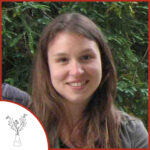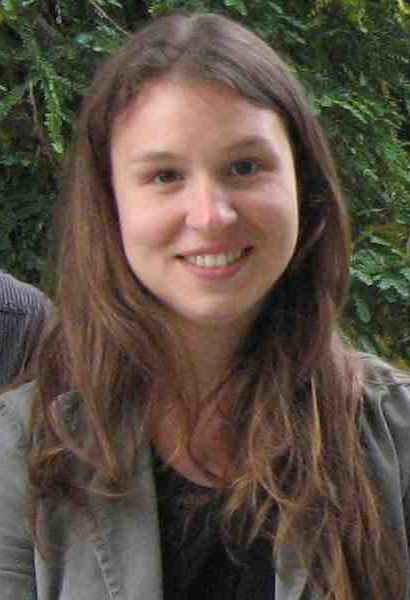

Image: UCSC Hydrogeology
Specialty: Hydrogeology
Major Contributions:
Assistant Professor at Penn State
Conducting studies based in India, Africa, and the U.S.
Image Courtesy of UCSC Hydrogeology
In 2015 it was estimated that over seventy percent of the world’s freshwater sources are used for crop irrigation and in the United States over eighty percent of water use is for livestock and crops. These uses have depleted some local water systems and Dr. Tess Russo is helping not only to track these changes but help determine proper management plans to help water tables recover.
An assistant professor at Pennsylvania State University in the department of geosciences, her research interests include agricultural water management, managed aquifer recharge, and hydrogeology. Russo earned her doctorate in 2012 from the University of California at Santa Cruz and did two years of postdoctoral research at the Climate School at Columbia University.
According to her website, her research has three main components. The first is in developing methods to help measure the relative impact of humans and natural drivers on hydrologic systems. Secondly, to develop models of the systems to project future conditions and to test management strategies. Thirdly, to use field observations and modeling to improve the understanding of fundamental physical processes.
Dr. Russo’s research is an around the globe endeavor including work in India, Africa, and the United States to help improve agricultural water management practices in order to protect water supplies from over exploitation and contamination. In India, the water table levels have been falling and new water management strategies are being tested including changing out the crops being grown. In Africa studies are being conducted in Kenya and Tanzania as their soil types are very different but there is concern in both areas of nitrate leaching due to increased use of fertilizers. Russo is using modeling to help determine if different fertilizer applications methods should be used in each setting. In the United States her research is looking at measuring the groundwater levels for the past sixty years as well as the correlation between groundwater levels and extraction rates and these levels in relation to local precipitation and long-term climate cycles.
For two years she was a research scientist at Global Good and in 2020 she became a program officer at the Bill & Melinda Gates Foundation moving up to Senior Program officer less than two years later.
Written by Angela Goad
Sources:
People Behind the Science Podcast 239: Dr. Tess Russo
Tess Russo of Gates Foundation speaks on the role of metrics in climate adaptation
UN: International Decade for Action ‘Water for Life’ 2005-2015
See Also:
StarTalk Live! Water World (Part 1)
StarTalk Live! Water World (Part 2)
Tess Russo Personal Website (Archived)
